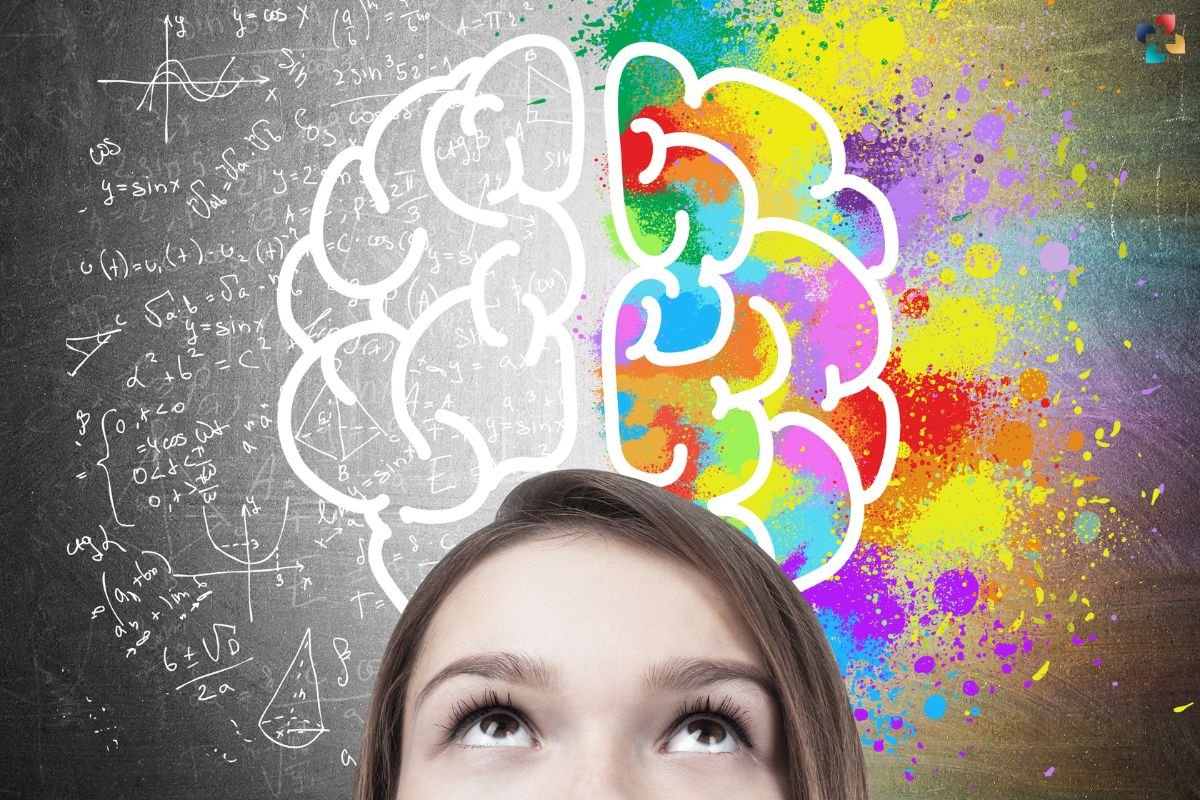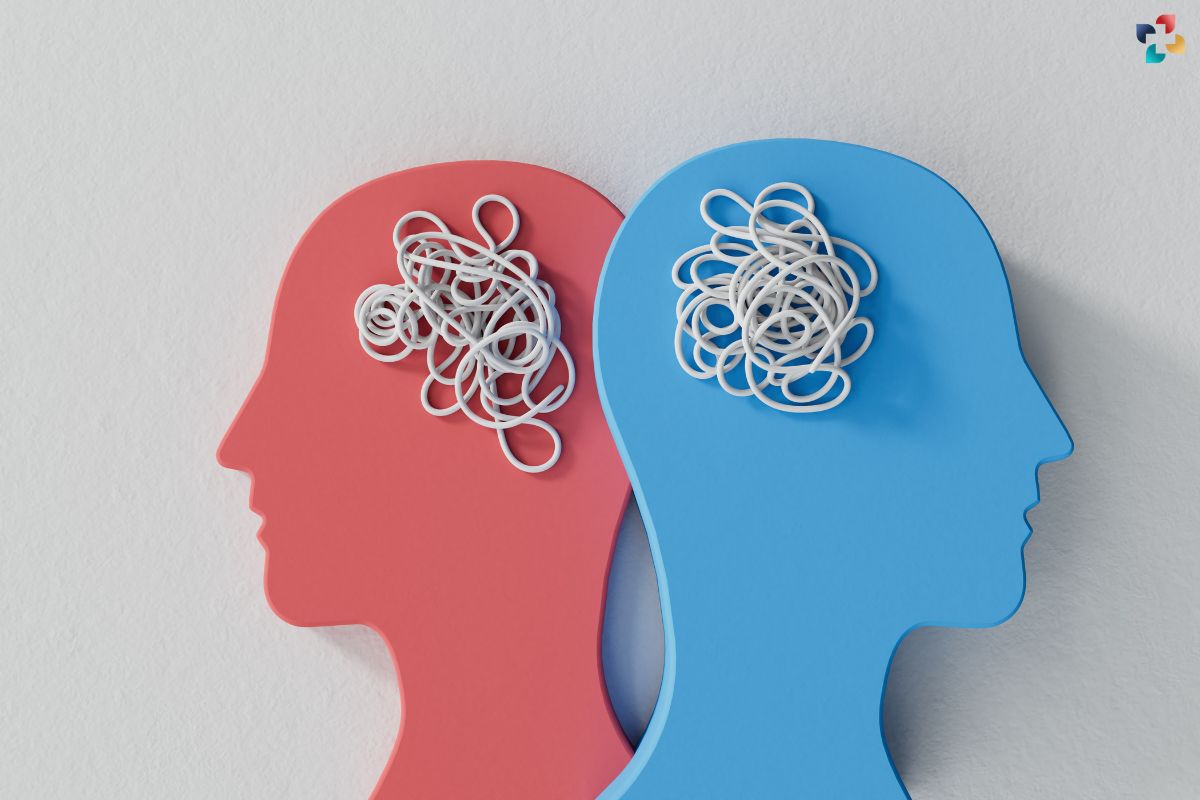Personality tests have been an essential tool in psychology, human resources, and personal development for decades. Among the myriad of tests available, the Personality Complex Test stands out due to its comprehensive approach in assessing an individual’s multifaceted personality traits. This article delves into the intricacies of the Personality Complex Test, its significance, methodologies, and applications in various fields.
What is a Personality Complex Test?
A Personality Complex Test is an in-depth psychological assessment designed to evaluate the complex interplay of various personality traits within an individual. Unlike standard personality tests that might focus on a limited set of characteristics, the Personality Complex Test provides a holistic view by analyzing multiple dimensions of personality, including emotional, cognitive, and behavioral aspects.
Historical Background
The roots of personality testing can be traced back to early psychological theories and the development of psychometrics in the 20th century. Key figures such as Carl Jung, Sigmund Freud, and Hans Eysenck contributed significantly to the understanding of personality traits. The Personality Complex Test builds on these foundational theories, incorporating modern research and sophisticated analytical techniques to offer a more nuanced assessment.
Components of the Personality Complex Test
1. Trait Dimensions
The test typically examines a wide range of personality traits. These can be broadly categorized into the following dimensions:
- Openness to Experience: Measures creativity, curiosity, and willingness to try new things.
- Conscientiousness: Assesses organization, dependability, and goal-oriented behavior.
- Extraversion: Evaluates sociability, assertiveness, and emotional expressiveness.
- Agreeableness: Looks at trust, altruism, and cooperation.
- Neuroticism: Measures emotional stability and resilience to stress.
2. Cognitive Styles
This component explores how individuals perceive and process information. It includes:
- Analytical Thinking: Ability to break down complex problems and evaluate information logically.
- Intuitive Thinking: Relying on gut feelings and holistic approaches to decision-making.
- Creative Thinking: Generating innovative ideas and unconventional solutions.

3. Emotional Patterns
Understanding an individual’s emotional responses and regulation strategies is crucial. The test assesses:
- Emotional Intelligence: Ability to recognize, understand, and manage one’s own and others’ emotions.
- Stress Response: Reactions to stressful situations and coping mechanisms.
- Mood Stability: Frequency and intensity of mood fluctuations.
4. Behavioral Tendencies
Behavioral analysis provides insights into how personality traits manifest in actions. This includes:
- Leadership Styles: Natural inclination towards different leadership approaches.
- Interpersonal Skills: Effectiveness in communication and relationship-building.
- Conflict Resolution: Preferred strategies for managing disagreements.
Methodology
The Personality Complex Test employs a variety of methodologies to ensure comprehensive and accurate results:
1. Self-Report Questionnaires
Participants answer a series of questions about their thoughts, feelings, and behaviors. These questionnaires are designed to be introspective, encouraging individuals to reflect deeply on their experiences.
2. Behavioral Observations
In some settings, such as organizational assessments, direct observations of behavior may be conducted. This can involve role-playing exercises, group activities, or real-time performance evaluations.
3. Peer and Supervisor Ratings
Input from colleagues, supervisors, or peers can provide additional perspectives on an individual’s personality traits. This is especially useful in workplace settings where interpersonal dynamics are critical.
4. Psychometric Analysis
Advanced statistical techniques are used to analyze the data collected. This includes factor analysis, regression models, and machine learning algorithms to identify patterns and correlations among traits.
Applications of the Personality Complex Test
1. Personal Development

Individuals seeking to understand themselves better and grow personally can benefit immensely from the insights provided by the Personality Complex Test. It helps identify strengths, areas for improvement, and potential career paths that align with one’s personality.
2. Career Counseling
Career counselors use personality assessments to guide individuals towards professions that match their traits and preferences. The Personality Complex Test offers a detailed profile that can inform career decisions and job fit.
3. Organizational Development
Businesses and organizations utilize these tests to enhance team dynamics, leadership development, and employee engagement. Understanding the diverse personality profiles within a team can improve collaboration and productivity.
4. Clinical Psychology
In clinical settings, psychologists use personality tests to diagnose and treat mental health conditions. The Personality Complex Test provides a thorough understanding of an individual’s psychological landscape, aiding in the development of effective treatment plans.
5. Educational Settings
Educators and school counselors can use personality assessments to better understand students’ learning styles, social interactions, and potential challenges. This information can help tailor educational approaches to individual needs.
Benefits of the Personality Complex Test
1. Holistic View of Personality
By examining multiple dimensions of personality, the test provides a comprehensive understanding of an individual. This holistic view is essential for accurate self-assessment and personal growth.
2. Enhanced Self-Awareness
Participants gain deeper insights into their personality traits, cognitive styles, emotional patterns, and behaviors. This self-awareness is crucial for personal development and improving interpersonal relationships.
3. Improved Decision-Making
Understanding one’s personality can lead to better decision-making in various aspects of life, including career choices, relationship management, and stress coping strategies.
4. Effective Team Building
In organizational settings, knowing the personality profiles of team members can help in assembling balanced and effective teams. It can also aid in conflict resolution and improving communication.
Limitations and Considerations
While the Personality Complex Test offers numerous benefits, it is essential to acknowledge its limitations:
1. Subjectivity in Self-Reports
Self-report questionnaires can be influenced by social desirability bias, where individuals may respond in a manner they believe is favorable rather than truthful.
2. Cultural Differences
Personality traits and behaviors can vary significantly across cultures. Tests must be adapted to account for these differences to ensure accuracy and relevance.
3. Dynamic Nature of Personality
Personality is not static and can change over time due to various factors such as life experiences, environment, and personal growth. Periodic reassessment may be necessary to maintain an accurate understanding.
How to Take the Personality Complex Test
If you are interested in taking the Personality Complex Test, consider the following steps:
1. Choose a Reliable Provider
Select a reputable organization or professional who offers the test. Ensure they have credentials and experience in psychological assessments.
2. Prepare Yourself

Before taking the test, find a quiet environment free from distractions. Be honest in your responses and take your time to reflect on each question.
3. Review the Results
After completing the test, review the results with a professional if possible. They can provide detailed explanations and help you interpret the findings accurately.
4. Apply the Insights
Use the insights gained from the test to make informed decisions in your personal and professional life. Set goals for personal development and seek opportunities that align with your personality traits.
Conclusion
The Personality Complex Test is a powerful tool for gaining a deep understanding of an individual’s personality. By exploring various dimensions of traits, cognitive styles, emotional patterns, and behaviors, it provides a comprehensive profile that can be applied in numerous fields. Whether for personal growth, career development, or organizational improvement, the insights from this test are invaluable. Embrace the journey of self-discovery and leverage the power of personality assessment to enhance your life and relationships.
Additional Resources
For those interested in learning more about personality assessments and the Personality Complex Test, consider exploring the following resources:
- Books:
- “Personality: Theory and Research” by Lawrence A. Pervin, Daniel Cervone, and Oliver P. John
- “The Cambridge Handbook of Personality Psychology” edited by Philip J. Corr and Gerald Matthews
- Online Courses:
- Coursera’s “Introduction to Psychology” course
- Udemy’s “Understanding Personality: The Five-Factor Model”
- Professional Associations:
- American Psychological Association (APA)
- Society for Personality and Social Psychology (SPSP)
By diving deeper into the field of personality psychology, you can enhance your understanding and application of the principles discussed in this article.







